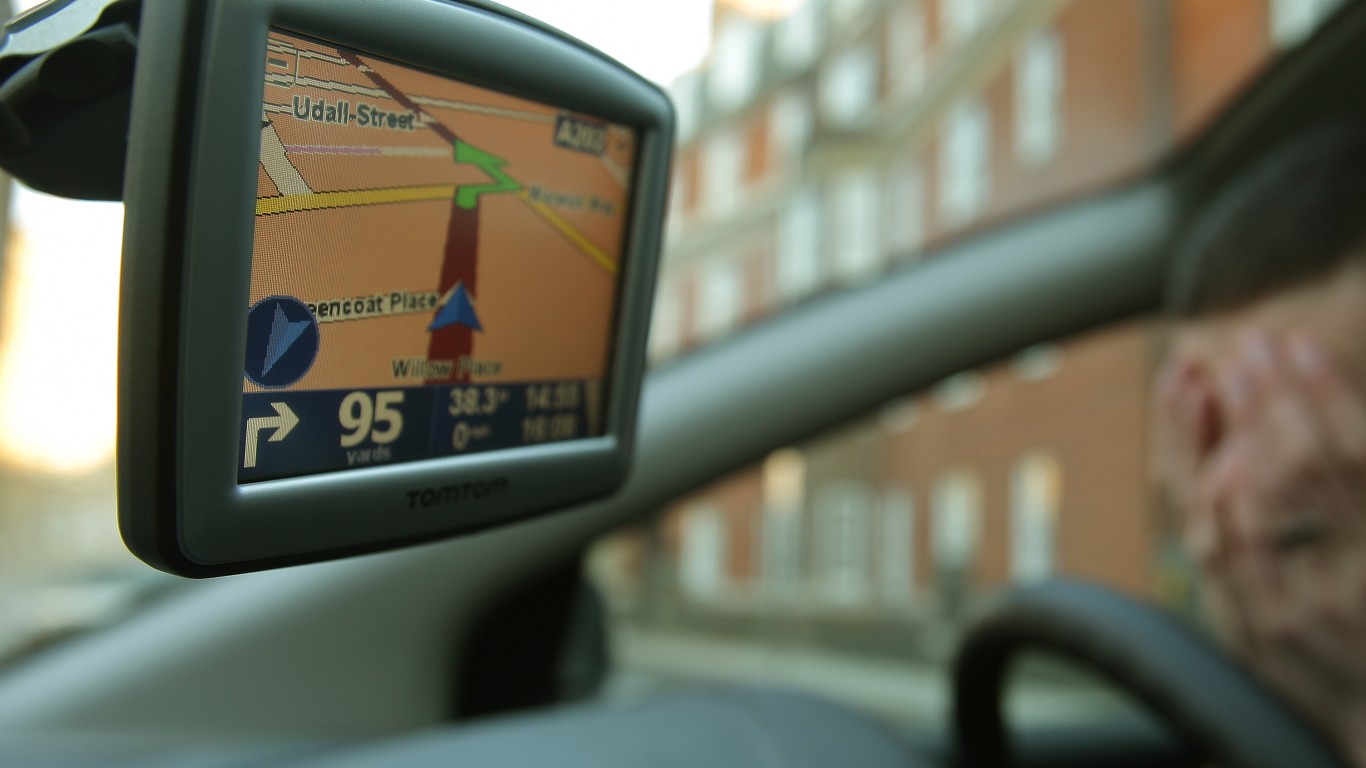
The rise of satnavs has made navigating through unfamiliar streets an easier task than ever before, but following the instructions actually “switches off” activity in parts of the brain used for navigation, a study has found.
Volunteers explored a simulation of the streets of London’s Soho while researchers carried out brain scans as they navigated their way around the West End. Spikes of activity were seen in the hippocampus and pre-frontal cortex – the regions of the brain responsible for memory and planning – in the 24 participants’ brains.
However no activity was detected when the people followed satnav instructions.

Psychologist Dr Hugo Spiers, from University College London (UCL), said: “Entering a junction such as Seven Dials in London, where seven streets meet, would enhance activity in the hippocampus, whereas a dead-end would drive down its activity.
“If you are having a hard time navigating the mass of streets in a city, you are likely putting high demands on your hippocampus and pre-frontal cortex.
“Our results fit with models in which the hippocampus simulates journeys on future possible paths while the pre-frontal cortex helps us to plan which ones will get us to our destination.
“When we have technology telling us which way to go, however, these parts of the brain simply don’t respond to the street network.
“In that sense our brain has switched off its interest in the streets around us.”

The new findings suggest drivers who rely on satnavs instructions don’t actually engage their hippocampus and so actually find it harder to link city streets to memory.
The hippocampus brain regions of London taxi drivers were found to expand as they memorise the streets and landmarks of the capital in previous UCL research.
Commenting on the findings, Dr Christopher Connolly, from the University of Dundee, said: ”We still need to navigate ourselves around other maps not covered by satnav, such as at work/school or when shopping.
“Furthermore, the hippocampus plays a critical role in the consolidation of short-term memory to long-term memory, a function that is lost during Alzheimer’s disease.
“Although previous studies have reported that brain training exercises improve the skills in that task, they do not necessarily improve our performance in other learning tasks.”